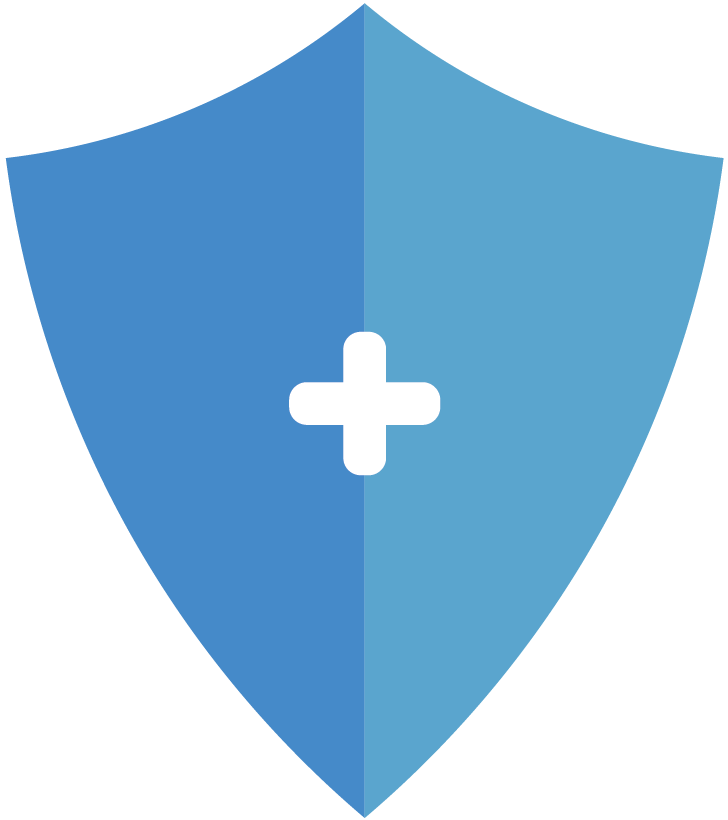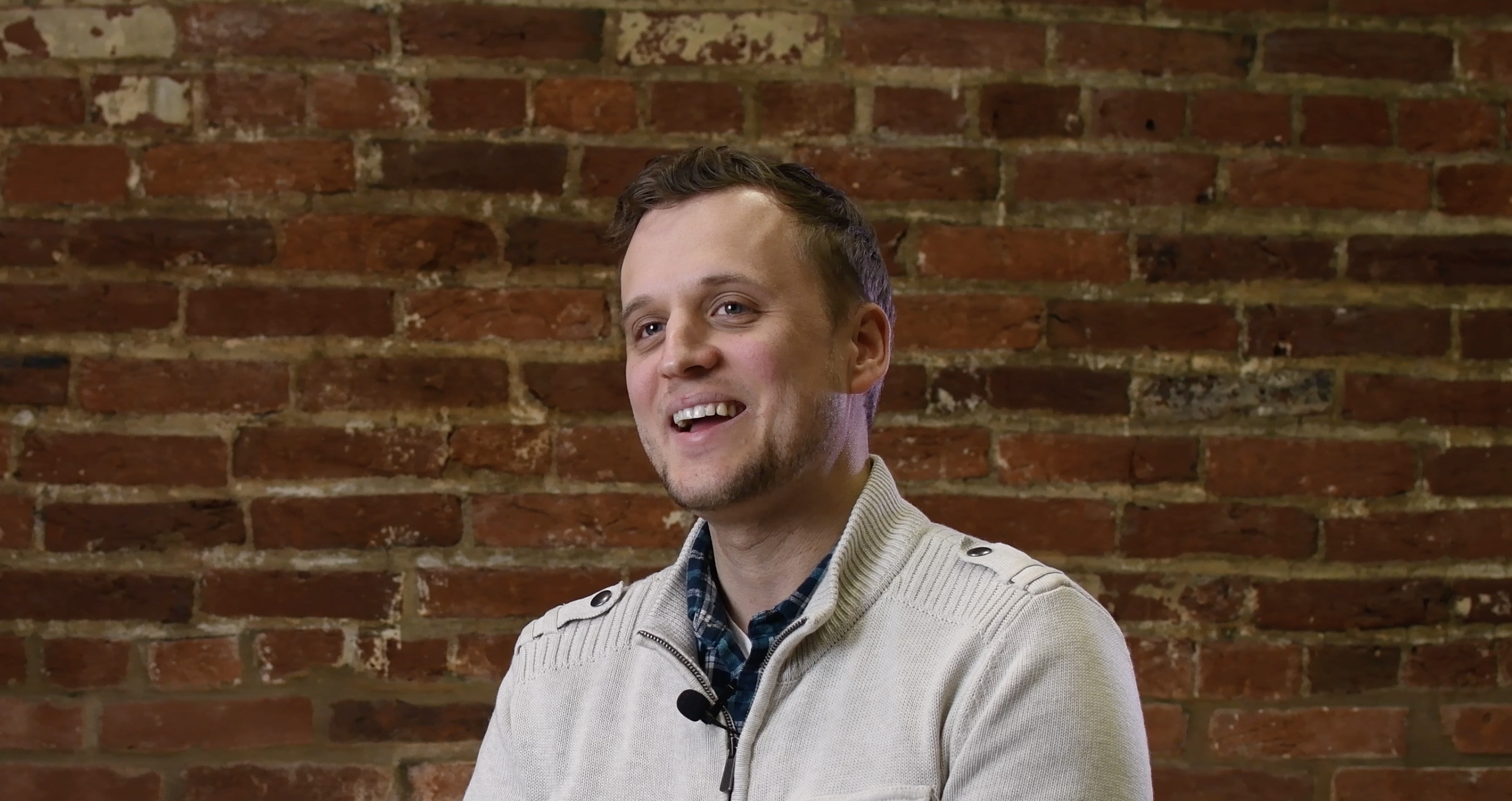Imagine looking back at that moment you decided things were going to be different and you’d experience freedom from pornography. Do you see yourself wondering then how on earth you’d get from point A to B so you could feel that liberation? If you choose to, envision a day like today when you come to realize what self accountability means and how to get started on that path of healing.
The common saying; ‘A journey of a thousand miles begins with a single step’ comes to mind when thinking about self accountability. As we observe our current location in comparison to where we’d like to be, this Chinese proverb at face value can appear overly simplistic when it comes to overcoming our struggles with porn.
You see, leaving the comfort of your home and taking step after step can’t be the sum total to get you to the top. So, let’s unpack the steps towards self accountability from a fresh perspective to find the possibilities that await us.
Table of Contents
- What does accountability mean?
- What does it mean to hold yourself accountable then?
- Why is self accountability important?
- What self accountability requires
- What is the first step to holding yourself accountable?
- How to develop self accountability
- What does and doesn’t work in cultivating personal accountability?
- What are some examples of accountability?
- Conclusion
What does accountability mean?
Going on a trek up the mountain for a week of hiking and camping with your friends is going to be the highlight of your summer. You’re excited to go and have anticipated this adventure for a while and now the day has arrived.
Would it be unreasonable to expect that you’ve made clear plans, gathered supplies, anticipated things you might encounter, practiced and conditioned your body to handle the physical demands of the elements, the weight of the pack, and climb?
Because all accountability requires setting expectations on oneself, accountability also is known as self accountable, personal accountability, and personal responsibility.
Define accountability: Self accountability is the reasonable expectation of taking personal responsibility for what you can control and for the forethought and execution of plans and processes towards an achievable objective.
What does it mean to hold yourself accountable then?
In the simplest terms, holding yourself accountable is accepting responsibility for what needs to get done, and then doing it.
But if it’s that simple, why do we struggle with watching porn if taking responsibility to quit was all that was needed?
First, I believe it’s because we confuse self determination with self sufficiency. Falling into the grips of pornography required secrecy. It comes with the steep price of shame and isolation. The cure is the opposite; connection. You will need self determination to prepare and step forward, but you do not need to climb the mountain alone.
Secondly, we forget personal accountability is an action that implies an ongoing process. It’s not just a desire and a plan, but actively taking steps forward, getting up when we trip and fall, and staying on the path to recovery from porn.
Lastly, it’s a state of mind that couples determination with mindfulness.
Why is self accountability important?
Why is it important to hold yourself accountable? Because deep down we all know that lasting change and freedom from porn starts with ourselves.
When we take responsibility for our actions we reap the benefits. And when it’s lacking, serious consequences could follow.
Benefits of self accountability
There are many benefits to starting a life of self accountability, some of which are to:
- Have freedom over porn and the feeling of relief and peace that comes from that freedom.
- Rebuild relationships and be present with your loved ones.
- Reach your full potential
- Live a life free from shame.
- Be an example and a help to others.
- Feel the encouragement from the support of others.
- Alleviate your own suffering and the suffering of others tied to your personal consumption habits.
- Experience the impact on other areas of your life from the effort you put into character building.
- Avoid both the inherent and the unintentional consequences
Consequences from a lack of accountability
If you haven’t yet experienced the throes of serious consequence, are just pondering a change, or stumbled here by chance, let’s go over the types of consequences that might arise on a path without accountability:
Overt consequences impact your external environment and relationships. Marriages have been destroyed, jobs have been lost, families torn apart, friendships ended — porn use, although thought to be a private concern, can have a real external impact.
Covert consequences are not readily seen by others. It’s the weight from the shame we carry, the fear of being found out, and the internal battle we try to face alone.
Inherent consequences can be covert or overt but also include an impact on resources such as the loss of time, money, and energy given away to those impulses.
Unintentional consequences can be as small as keeping us from living up to our full potential.
But that’s the funny thing about unintentional consequences, when we don’t control our actions, we can’t control the magnitude of impact our porn habits may have on others. Many children are exposed to pornography accidentally by finding it in the home and the dollars spent on consumption may be supporting illegal activities such as sex trafficking. We may never know the impact our choices have on the lives of others.
What self accountability requires
To move from the path of negative consequence to the trail towards those plentiful benefits, let’s first talk about what is required for this new paradigm shift and then the steps you’ll need to take to conquer your mountain.
Self accountability requires:
- Belief
Believe that you can be free from porn. We have seen the success stories and we believe you can be next. Will you choose to believe in yourself? - Decision
No one is going to make this choice for you. You can decide today to choose the journey to freedom. - Determination
The overflow of belief and decision is determination. But, it’s also a commitment to the other requirements of preparation, transparency, and consistency. - Preparation
Determination and belief alone are like carrying an empty backpack. Without supplies, a compass, and a guidebook, you might not survive the harsh elements. Similarly, your success can be just as easily derailed without careful preparation and planning. - Transparency
People need people – it’s a universal truth. Remember, self sufficiency is not self accountability. To find freedom from your struggles with porn and to destroy shame, transparency and vulnerability are required. An accountability partner can provide the support you need to cross any difficult terrain.
Consistency
This last requirement to self accountability is consistency. It doesn’t mean you’ll never fall, but it does mean you are committed to the decision to get back up again if you do.
What is the first step to holding yourself accountable?
If you’re reading this, you want something different for your life. You want freedom from pornography and to build healthy relationships. You want to live in the light and not in the shadow of guilt and shame. Congratulations! Awareness of the distance between where you are and where you want to be is the first step.
Next Steps:
Below, you’ll find a personal accountability guide that outlines how to develop the accountability muscles needed. It outlines what works, what doesn’t work, what accountability looks like, and how to make improvements.
But before we dive into those details, the very next step is vital: Gather Support.
Will power (and won’t power) alone are not enough, and going alone doesn’t work. To ask for and accept help is the best indicator of your success.
A study on accountability by the Association of Talent Development — formerly The American Society of Training and Development (ASTD) — found a significant correlation between success and commitment to accountability outside of oneself.
The Association for Financial Counseling & Planning Education (AFCPE) outlined the following takeaways from that study in their article, The Power of Accountability:
- Having an idea or goal: 10% likely to complete the goal
- Consciously deciding that you will do it: 25%
- Deciding when you will do it: 40%
- Planning how to do it: 50%
- Committing to someone that you will do it: 65%
- Having a specific accountability appointment with someone you’ve committed to: 95%
From this we can see clearly that the requirements and the development of accountability are important but clearly, include someone to come alongside you is an untenable asset.
How to develop self accountability
Did you know that self accountability is a skill that can be learned and cultivated? Because it can be developed, not only is it within your reach but also can become one of your superpowers!
Now that you know what is required to be self accountable, how do you develop self accountability as a habit? Just like preparing your body for the demands of a mountain climb, you need to condition and use those personal responsibility muscles.
What that means is that you need to fully participate. Participation is the core of taking individual responsibility. Your participation isn’t about surface compliance but rather a deep commitment to the process of working towards your own best interest.
One way to fully engage in the process is to expand your awareness and start getting clarity on what steps you need to take. Here are some prompts to get you started:
- Make a list of your resources (people, accountability partner, blogs, books, support, tools)
- Identify your ‘why’. What are your reasons for making this commitment?
- Write out your current pain points and what would/could happen if nothing changed.
- Identify your role (in both how you got to this point and your role in moving forward).
- Prepare an inventory of triggers and hurdles you have/might encounter.
- List the resources you can reach for and activities you can do when faced with those triggers and hurdles.
What hinders the process?
If you want resilient and strong accountability muscles you’ll want to know what hinders growth and development. Taking personal accountability means you’ll pay attention to what can be a stumbling block towards achieving your goals and take ownership of your actions.
In that, blame is the antithesis to self accountability.
It may become frustrating when cultural acceptance makes media difficult to navigate but accountability takes responsibility for the consumption of that media.
It’s easy to point to stress, a partner, past trauma, or some other externality but deflecting won’t make the mountain any smaller, your muscles any bigger, or the journey easier. In fact, it does the opposite.
Blame puts you as a victim but accountability makes you the victor! Rise above what others say and do and walk the path unwavering.
Shame is next on the list. Shame keeps us from confronting change and stops us from asking for help. Your steps to healing and finding freedom from porn starts when you lay down blame and shame.
What does and doesn’t work in cultivating personal accountability?
What doesn’t work
First and foremost, trying to do it alone doesn’t work. Have you ever seen an olympian or surgeon without a team of support? If you’ve tried this alone and haven’t found the freedom you’ve been looking for, consider an accountability partner.
Positive thinking has its place and we must make changes in our thought process, but that alone doesn’t work. It’s true that our actions are influenced by our thoughts but a positive belief without action is just a wish.
What works
Accountability software and accountability partners
Using an accountability app and talking with your accountability partner helps you proactively avoid obstacles and the transparency builds trust with others and within yourself.
Be Proactive
Proactive behavior includes deciding how you will measure success.
Just saying, ‘I’m done with porn’ isn’t enough. You need to have a picture of what a life without pornography looks like and what you will and won’t do going forward.
Will power and it’s companion, won’t power are tied to the wave of motivation which ebbs and flows. So, it’s important to proactively decide on your reaction (like reaching out to your accountability partner) when will or won’t power is difficult to muster.
The beginning of this article spoke about finding your ‘why’ for this journey and ‘what’ steps you need to take. Being proactive is more about the ‘how’. How will you know that you are successful? How will you respond to the unexpected and how will you move forward towards your goals?
For instance, if you know that stress and lack of sleep are triggers, decide specifically how to avoid those triggers.
Be intentional with your thoughts, words, and actions
What we say (outloud or internally) has a huge impact on our success. Remove words like: try/might, maybe/possibly, could/would, and should/shouldn’t from your vocabulary and replace them with words that are more substantial like: will/won’t, can/did/do, and certainly/absolutely.
Using your imagination can be a powerful tool in helping you towards success. See yourself as a leader in overcoming porn. See yourself as you’d like your spouse, children, coworkers, boss, congregation to see you. What does your best self look like? Use your imagination to envision a future where you can be the support for someone on their journey.
Remove habits, triggers, and routines that haven’t served you in the past such as isolation, secrecy, and avoidance. Replace those with connection and transparency. Changing your actions might look like going outside, opening your window blinds, calling your accountability partner, tackling a project, helping a friend when you feel drawn to your phone or keyboard.
Be intentional with your commitments
This takes some brutal honesty with yourself and others. It means saying what you mean, and meaning what you say.
14-Day Free Trial
Protection From Pornography
Change your habits, change your life: Start our 14-day free trial to help get rid of pornography for good.
What are some examples of accountability?
Examples of accountability is the ability to:
- Admit mistakes to oneself and to others; like sharing with your accountability partner or spouse. Then through self-reflection, learn from past mistakes.
- Ask for help not only when you think you need help but proactively because you know the importance of transparency and connection.
- Recognize the triggers and problems before they arise.
- Take ownership of your thoughts, feelings, words, and actions.
- Forgive yourself.
Examples of not taking accountability are evident when you:
- Deny problems and ignore triggers
- Blame circumstances and others for your actions
- Go into hiding and isolation
- Disregard the tools and help available
- Sabotage your progress
- Ignore consequences
Conclusion
Mountain climbers choose and prepare for their destination, and condition themselves accordingly and you can do the same. You can take accountability for yourself and take accountability in your relationships by realizing you always have choices. Every choice is an opportunity for growth.
Today you may feel the mountain is insurmountable, but the truth is, there are no limits to what you can accomplish with support and preparation. Follow those that have blazed the trail before you and know that you don’t have to walk the path alone. Your goal is within reach and the effort is well worth the reward.
14-Day Free Trial
Protection From Pornography
Change your habits, change your life: Start our 14-day free trial to help get rid of pornography for good.




